The Unit itself has been around for awhile, so most are probably familiar with it.. it's a decent enough unit.. all versions including the rack version meant to be remotely controlled lack an integrated Wifi router, that the more basic XR-18 and such have but this is a much more feature rich unit compared to those but also older designed unit (that could use this update)..
but my main point to leave a review here was to remark on the excellent customer service I received on my international order to the U.S.A.
the main issue with buying internationally can be the import duty on the items (which start on anything above an $800 price point, which is per item not a batch of different items.). I was unaware of this when I placed the order, as I was eager to purchase due to the much lower price compared to shopping locally in the U.S. by several hundred dollars.. shipping was only $56 (and was only a few days in total). as soon as I hit "confirm purchase", my order was immediately put on hold by the international dept of Thomann.. and I received an email informing me of the potential tariffs due to the item being manufactured in China.. (despite my purchasing it from them in Germany) as the cost of the item was over that $800 threshold. they wanted to be sure I was aware that I might be hit with an extra charge, maybe even a substantial one, by the carrier who handled the duties upon it's arrival through customs in the U.S.
I did the needed research and it looked as if the duty might be at most 15% and I told them to go ahead and ship as this was acceptable..
now, the simple diligence in the first hold is appreciated, but somewhat expected by any company worth its salt for customer retention.
but my order was put on hold yet again, and at first I was frustrated because I had already given the go ahead.. at least until I read the email..
because they had actually read my "go ahead" email where I had stated my research found it was probably 15%, which i'd just mentioned in passing conversationally on my way to approval to ship.. and the reply in that second hold email stated a correction to my findings.. that the duty could be as much as 30%! and they wanted to be sure I was aware of that fact before committing..
and I was astounded.. they had gotten the go ahead already.. but they actually took the time to read the email and understand my circumstances.. and fully prioritize my potential well being over their sale. I was truly impressed as that is truly above and beyond the norm these days, and that's how you accrue customer loyalty. I mean, they do have consistently lower prices and that's what drew me here as I am on a budget as I am semi-retired due to disability but due to this, even if an item cost the same or a smidge more, this kind of customer service and diligence is fully worth my money. this is how business should be done. period.
I ended up taking the chance and all fears ended up being unfounded as for whatever reason, brokerage fees and duty only cost an extra $60 and I still saved several hundred dollars compared to if I bought from sweetwater.. it ended up not really being a big issue but what matters most is they really went out of their way to allow me to bow out of the sale due to a possible unforeseen charge wholly out of their hands. TWICE. this was my very first purchase, talk about putting your best foot forward. I have had great customer service before but this truly was above and beyond as usually it's about buttering you up for the sale and dangling carrots.. not willfully potentially sacrificing a sale, after already getting a go ahead to the first "are you sure?". color me impressed.
also, the interaction was very congenial. I made a joke about labeling it as a really expensive pair of socks.. (as I saw textiles are potentially exempt.. silly joke)..
when I made a reply email just to inform them of the results of the import duties.. as part of their reply I got an "Enjoy those socks!" heh. it's silly but just a pleasant exchange to go along with the real diligence looking out for me as a customer at the risk of my abandoning the sale..
This being my only transaction with them so far (and there will be more..) , I just can only hope that this wasn't some fluke or one exceptional employee.. but we will see, I do have confidence tho that this might be the norm.
so, if you are wondering if this is a good site to order from internationally? yes. yes, it is. they took great care of me over and above, so much so that I took the time to write this glowing review, something I rarely do, if ever. just do your research on any item with a ticket price over $800, where it was manufactured.. it's not straightforward to be honest but I ended up pleasantly surprised when expecting the worst.. (I pulled the trigger as even if it ended up being the worst case, all that meant was I was paying the exact same price as I would if I bought locally in the U.S.). Thomann waives the EU export tax (dunno if that's procedural to all exports or something they specifically provide) but beware the import duties.. I thankfully was lucky as it wasn't much (paid to UPS, the shipper). but everything Thomann was personally responsible for, glowing review here all around. very happy with them.


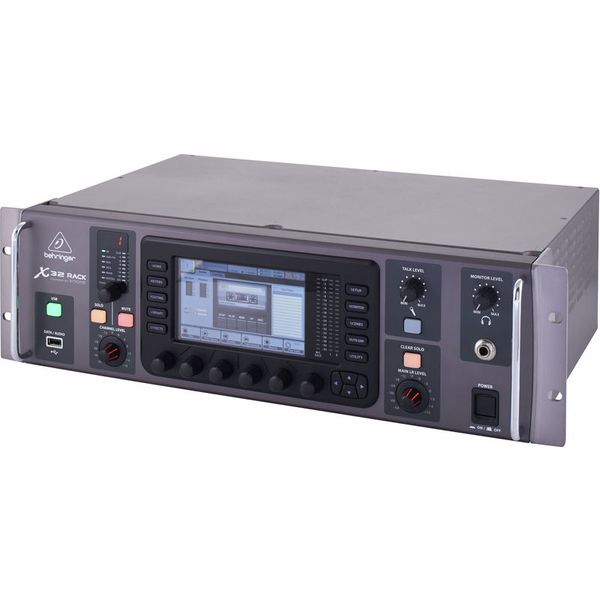
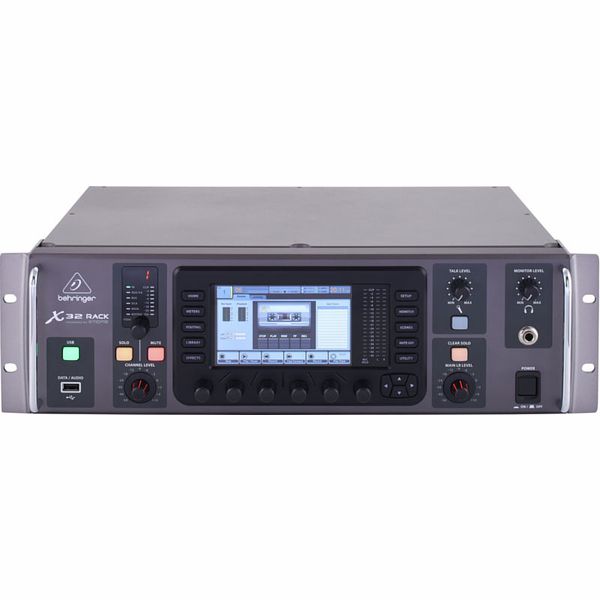
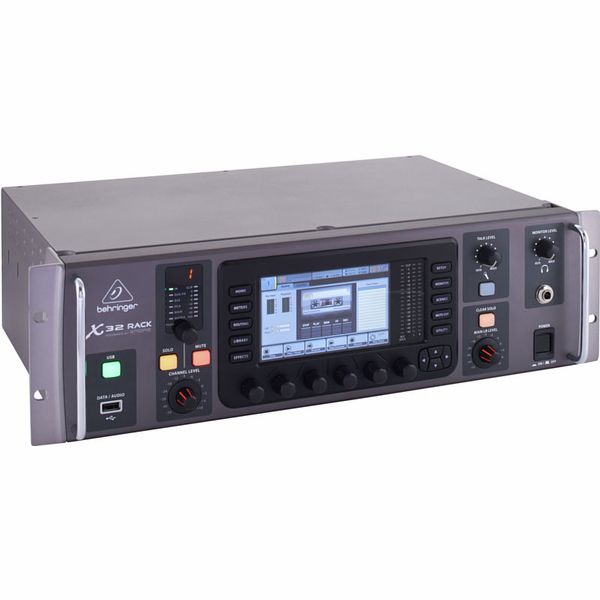
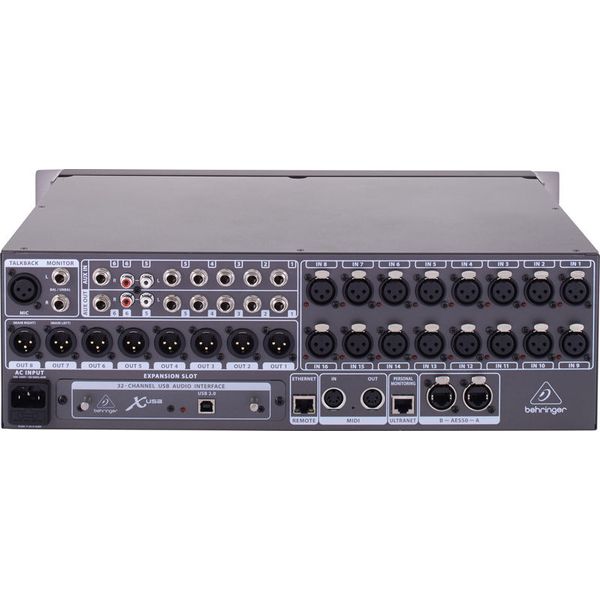
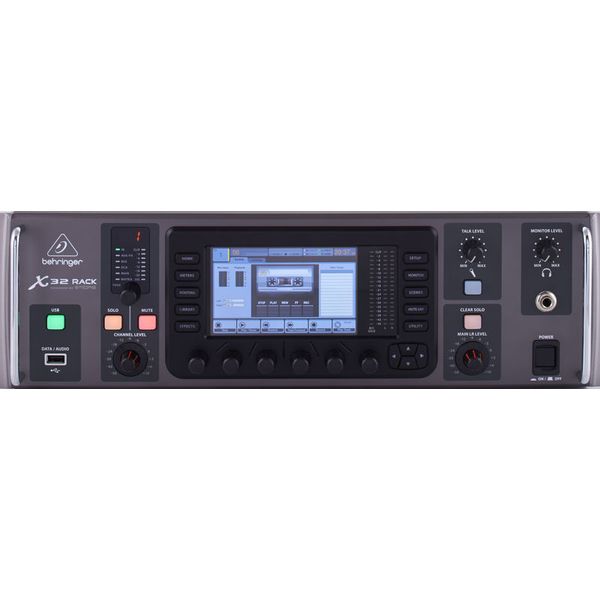
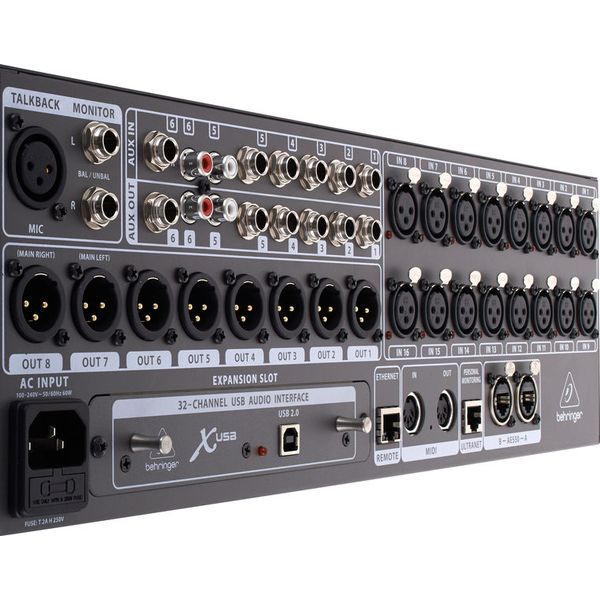
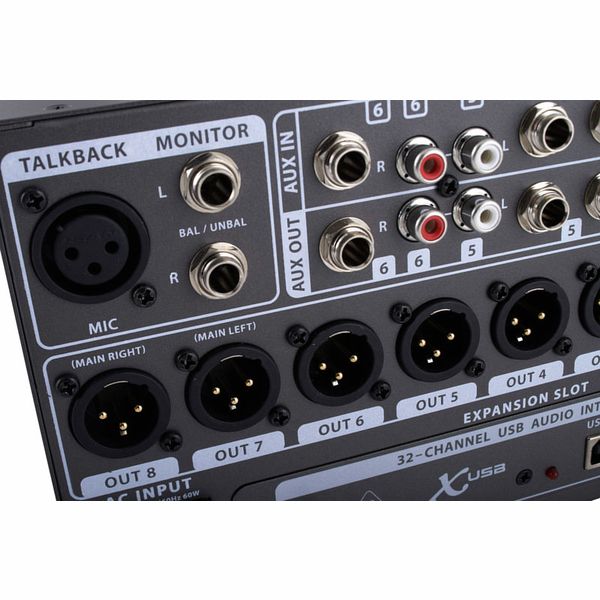
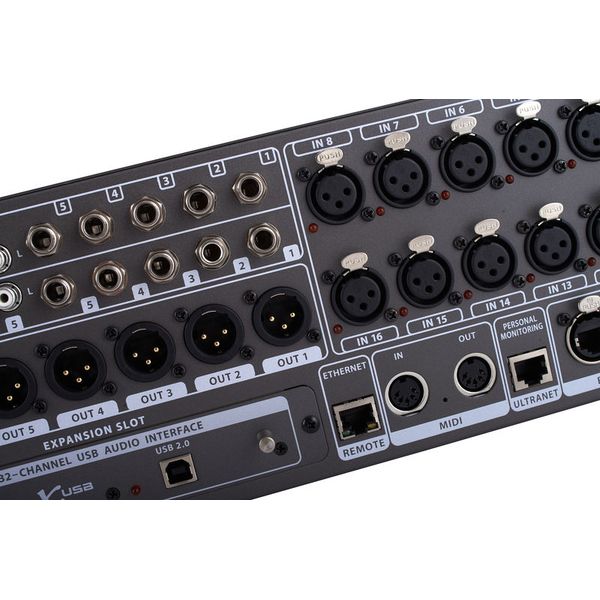
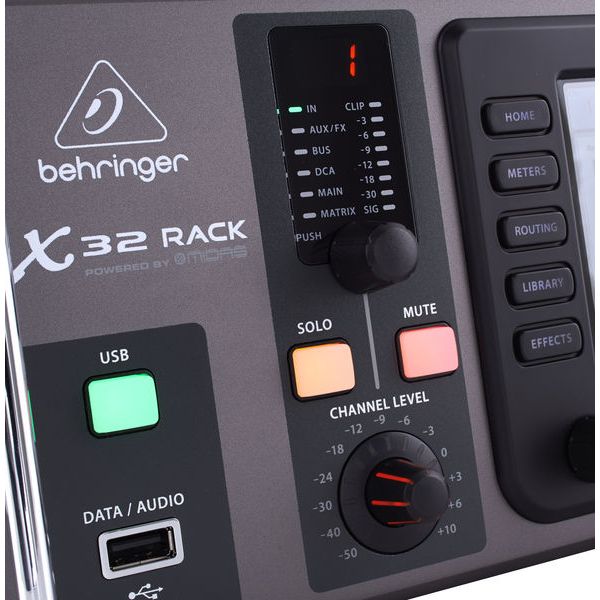
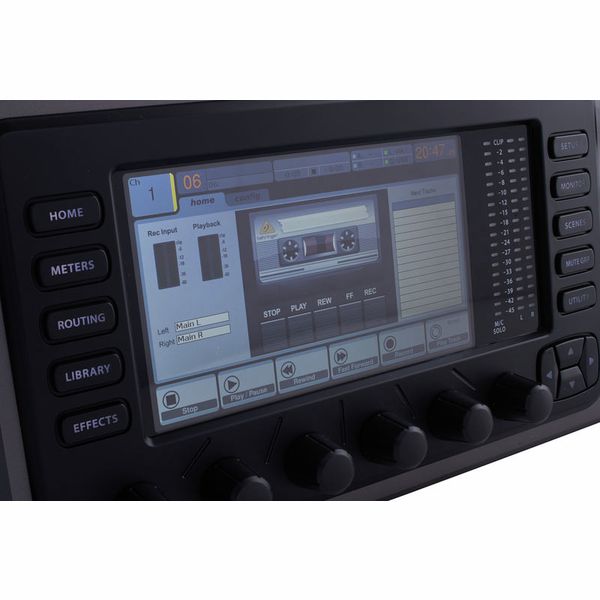
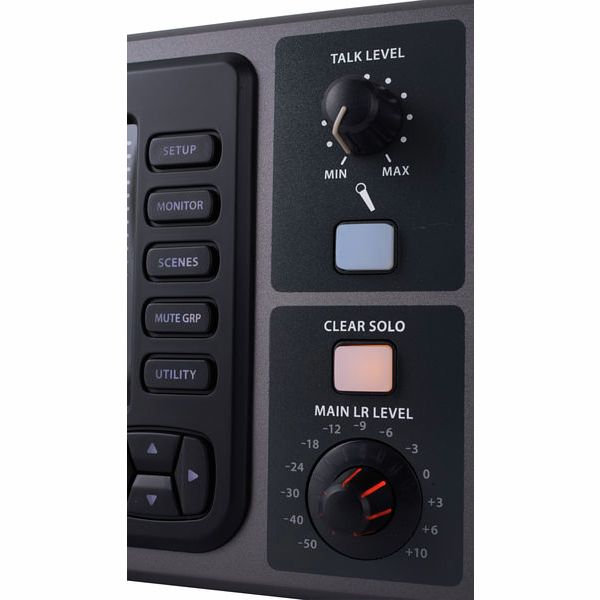















)
)
)
)
)
)